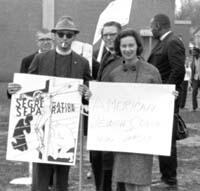Activism: Protests
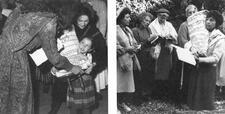
American Jewish Congress
Matilde Bassani Finzi
Matilde Bassani Finzi was an active Italian anti-fascist who relentlessly fought the injustices of Mussolini and the Nazis. She continuously worked towards the ideals in which she believed: freedom, democracy, and equality for women.
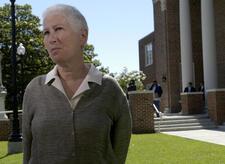
Rita Schwerner Bender
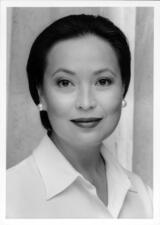
Angelica Berrie
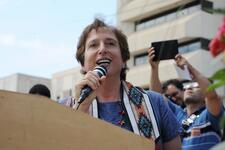
Deborah Brin
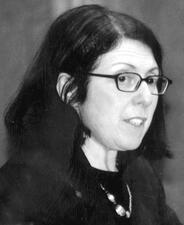
Canada: From Outlaw to Supreme Court Justice, 1738-2005
The positive aspect of the Canadian mosaic has been a strong Jewish community (and other communities) which nurtured traditional ethnic and religious values and benefited from the talent and energy of women and men restrained from participation in the broader society. The negative aspect has included considerable antisemitism and, especially for women, the sometimes stifling narrowness and conservatism of the community which inhibited creative and exceptional people from charting their own individual paths.
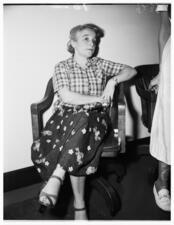
Rose Chernin
Ambivalent about Judaism, passionately Marxist, charismatic, and courageous, Rose Chernin devoted a great deal of her life to securing the rights of disenfranchised citizens: the unemployed of the Depression, farm workers without a union, Black home buyers thwarted by redlining, and other foreign-born leftists, like herself, who faced deportation in the 1950s.
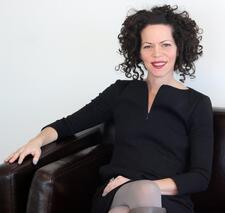
Stosh Cotler
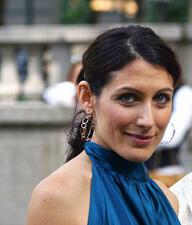
Lisa Edelstein
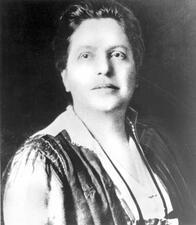
Feminism in the United States
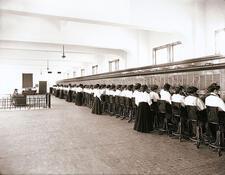
Rose Finkelstein

Ruth First
Ruth First was a prolific writer and her penetrating investigative journalism exposed many of the harsh conditions under which the majority of South Africans lived. As various restrictions prevented her from continuing her work as a journalist Ruth First became more and more involved with the underground movement that was changing its tactics from protest to sabotage.
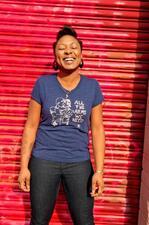
Alicia Garza
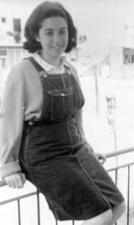
Miriam Cohen Glickman
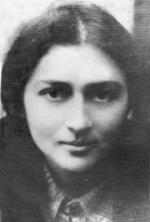
Mire Gola
A passionate idealist, Mire Gola organized anti-German resistance in World War II as a Communist in occupied Poland. She inspired others with her eloquent poetry and her fortitude through imprisonment and torture.
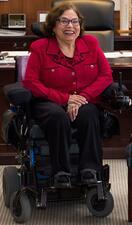
Judith Heumann
Judith (“Judy”) E. Heumann, a founder of the disability rights movement, is an internationally acclaimed leader of the disability community. Based in Washington, D.C., Heumann has been instrumental in the development and implementation of disability rights legislation.
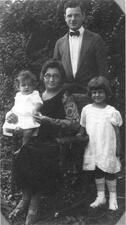
Bessie Abramowitz Hillman
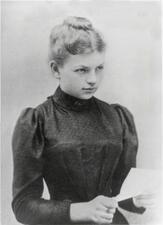
Clara Immerwahr
The first woman to be awarded a doctorate in physical chemistry at a German university, Clara Immerwahr’s achievements were long overlooked by male-dominated university circles. Immerwahr committed suicide in protest of her husband’s involvement in the implementation of gas attacks during World War I. Recognized only posthumously, her name has become linked with moral responsibility in science.
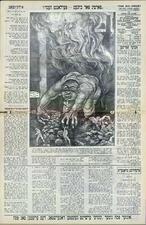
International Ladies Garment Workers Union
The International Ladies Garment Workers Union was founded in 1900 by eleven Jewish men who represented seven local East Coast unions with heavy Jewish immigrant populations. Initially excluded from the union, women began organizing and eventually developed bargaining power after the Uprising of the 20,000 in 1909.
Izieu, Women of
Nazi Klaus Barbie’s capture, deportation, and murder of forty-four Jewish children living at a home in Izieu, France, in 1944 is known primarily as a story of children, but the bravery of five women is also a significant part of the tale. Sabine Zlatin, Léa Feldblum, Suzanne Levan-Reifman, Fourtunée Benguigui, and Ita-Rosa Halaunbrenner were workers at the home or mothers of children who lived there. They played critical roles testifying against Barbie in his 1987.

Jill Jacobs
Jewish Mothers of the Plaza de Mayo
The Jewish women who formed part of the Mothers of the Plaza de Mayo were pivotal to the human rights movement in Argentina, fighting for truth and justice for victims of the 1976-1983 dictatorship that resulted in 30,000 disappeared, tortured, and killed.
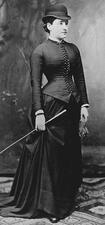
Juedischer Frauenbund (The League of Jewish Women)
Founded in 1904, The League of Jewish Women pursued secular German feminist goals while maintaining a strong sense of Jewish identity. The League supported vulnerable women through practical social reforms while fighting for political power within the German Jewish community. It saw employment opportunities as essential to women’s economic, psychological, and emotional independence.
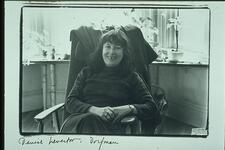
Denise Levertov
The author of nineteen books of poetry as well as several books of essays and translations, Denise Levertov was a world-renowned poet. She was also a prominent political activist, particularly in the anti-war and environmental movements.
